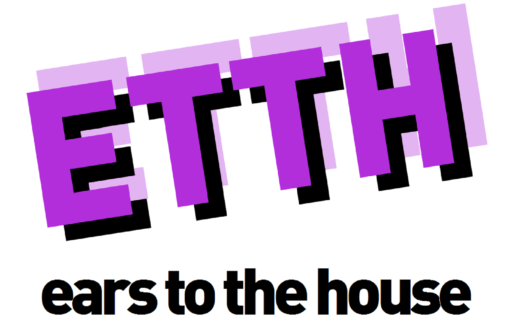Regular readers of Ears To The House may have noticed that we’ve spent a fair amount of time covering the management changes in Defected last year. From being the first dance music site to report that Simon Dunmore was no longer in charge of the company he founded, few outlets have paid closer attention to the changes within the Defected empire.
And whilst the exact terms of the Wez Saunders led buyout haven’t been made public, Companies House declarations did reveal that the Nebraska based Pinnacle Bank provided at least some of the finances required to complete the deal. Exactly how Pinnacle Bank became involved is unclear, but again, Wez Saunders’s past connections to the banking world are a matter of public knowledge.
Pinnacle Bank itself is part of Pinnacle Financial Partners – who, it turns out, are also involved with the Beat Music Fund. As Ears To The House reported on Friday, this fund – as founded by Armada Music – has recently acquired King Street Sounds, Chocolate Puma’s catalogue, and Kevin Saunderson’s KMS Records, to name but three.
This all leads to an intriguing question – why is a company based in the Cornhusker State suddenly taking such an interest in dance music? The answer is quite simple – and it’s mostly a financial one. Over the past few years, mergers and acquisitions – usually referred to in the trade as M&A – have been big business.
However, the pandemic slowed things down somewhat – but with the dance music sector taking off once more, Beat Music Fund appears to have come along at the right time to make, well, mergers and acquisitions in a sector which has previously been overlooked.
Consider, also, the fact that nostalgia for 80s and 90s dance music is in fashion. It’s the reason why Masters At Work are releasing huge swathes of archive material. It’s the reason why the likes of Traxsource and Beatport are filled with new remixes of old tracks. And it’s the reason why Beat Music Fund is doing what it’s doing.
As for Pinnacle Financial Partners? Well, either someone high up in the company was a raver in the 1990s – or, more likely, they just know a good opportunity for a return on an investment when they see one…





